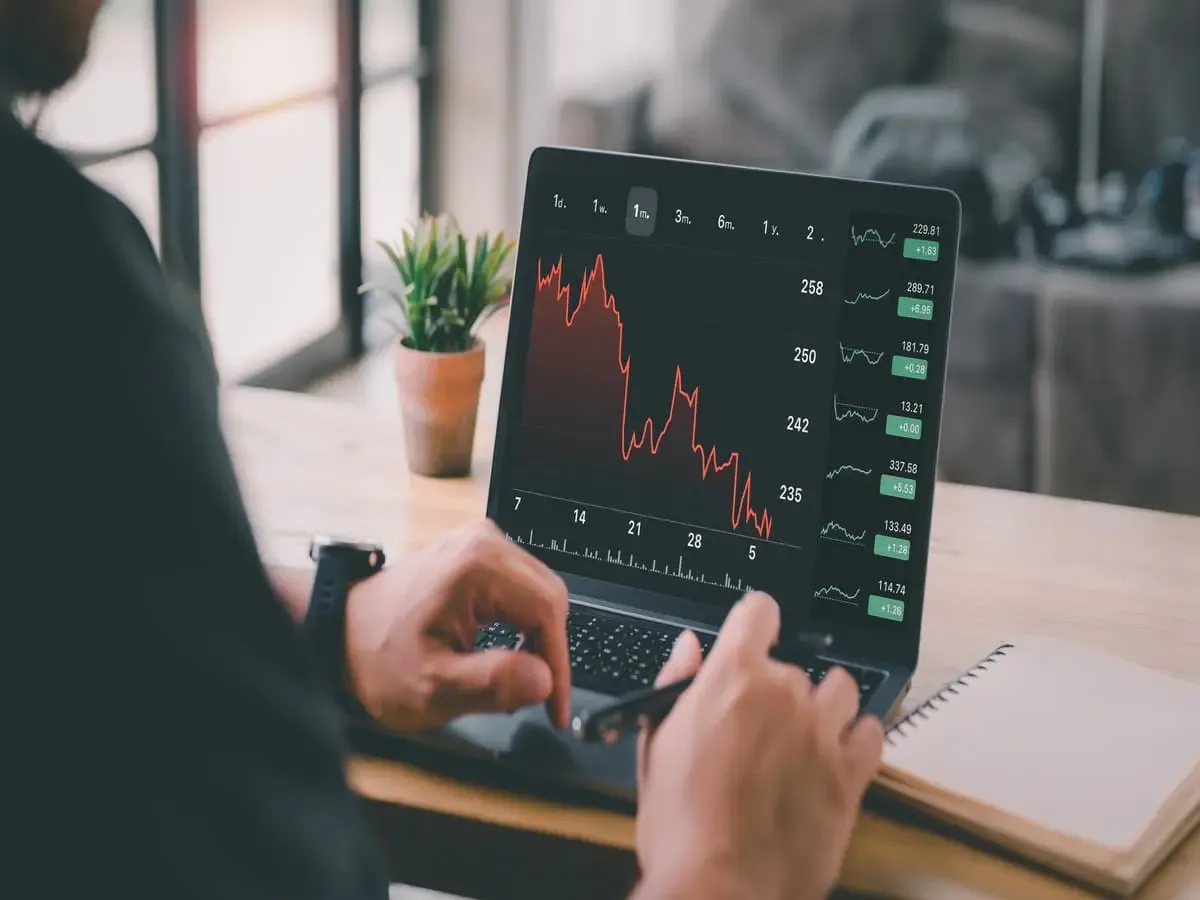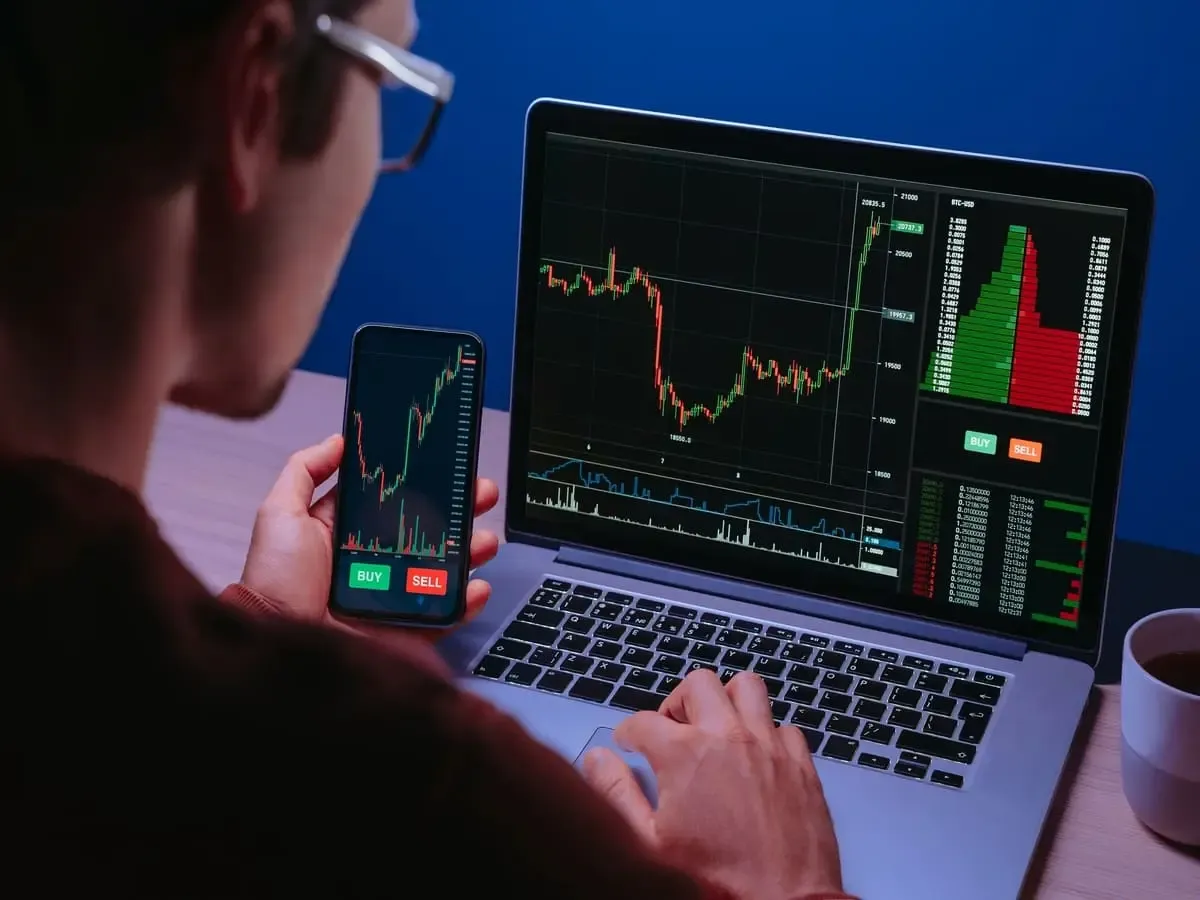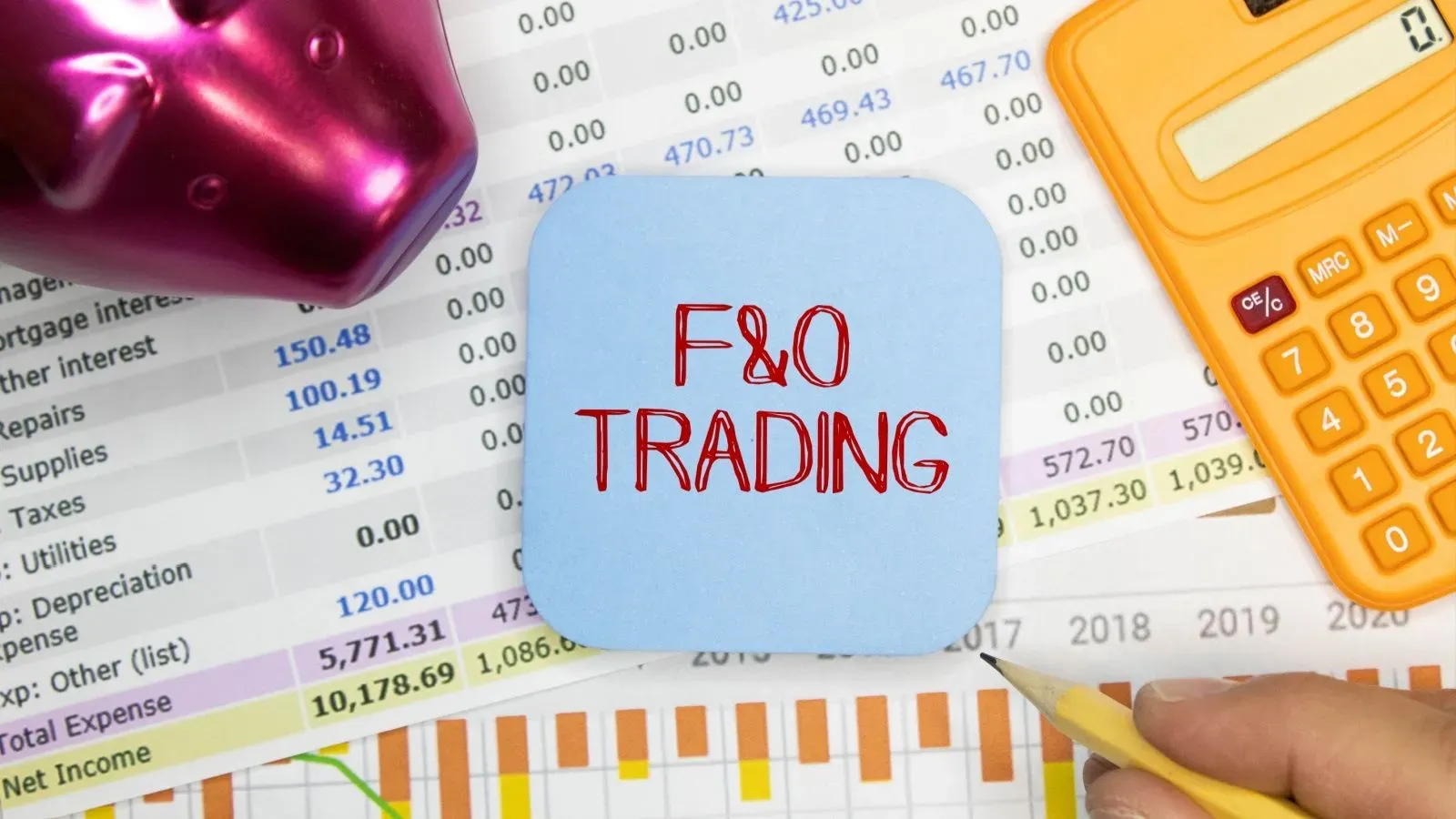What are Futures Equivalent?
Written by Upstox Desk
Published on July 31, 2025 | 3 min read

What are futures?
Futures are basically derivative contracts that derive their value from their underlying assets. Shares, indices, commodities and currencies are examples of underlying assets upon which the price of the future contract is based. Any changes in the price of the underlying assets will be reflected in the price of that corresponding future contract.
What is a margin?
Margin refers to the minimum amount that an investor needs to have in the account to take a position in futures.
What are options?
Options are derivatives instruments traded in financial markets that enable the buyer (holder or owner) of the instrument the right to buy or sell the underlying asset. The right to buy or sell is without any obligation. The seller of the option is obligated to buy or sell, should the buyer exercise his or her right.
What are futures equivalent?
Futures equivalent refers to a quantity of futures contracts required to bring the risk profile of an options position in line with the underlying asset. It is applicable only in scenarios where the options have a futures contract as an underlying asset. For instance currency futures, commodity futures, etc.
For example, if an investor holds a long position in a stock, they may choose to hedge their position by taking a short position in the stock's futures contract. This would create a futures equivalent to their long stock position, as any gains or losses in the stock would be offset by gains or losses in the futures contract.
Similarly, an investor holding a long position in a commodity, such as gold, may choose to hedge their position by taking a short position in the gold futures market. This creates a futures equivalent to their long position in the commodity.
Futures equivalent helps an investor who wants to hedge his or her options position. Once the futures equivalent has been determined, the investor will know the number of futures contracts he/she needs to buy or sell, to be able to hedge the options position
How is a futures equivalent determined?
A futures equivalent is determined by aggregating the delta of all the open options positions in the market.It is important that the position in futures be equivalent to the risks in the option position for a perfect hedge.
The aggregate delta is needed to ensure accuracy in the delta-based margin calculation for hedging and risk analysis.
What does the delta-based margin do?
It aggregates the changes in futures contract prices or option premiums. The futures contract prices are useful to determine the risk factors to determine the base margin requirements.
Why is delta-based margin important?
- It is necessary as it helps to reduce or remove the risk exposure derived from an options position by taking the opposite positions in the underlying security.
- For instance, Mr. Rahul is an investor. He has an open options position in gold options equivalent to +12 deltas in terms of the futures equivalents, Mr. Rahul has to short 12 futures contracts to become delta neutral.
- Delta-based margin is a more sophisticated approach to margin requirements than the traditional strategy of requiring a fixed percentage of the options' market value as margin. By taking into account the risk of an options position based on the underlying asset's price movements, delta-based margin can provide a more accurate measure of the position's risk and reduce the likelihood of margin calls or forced liquidations.
About Author
Upstox Desk
Upstox Desk
Team of expert writers dedicated to providing insightful and comprehensive coverage on stock markets, economic trends, commodities, business developments, and personal finance. With a passion for delivering valuable information, the team strives to keep readers informed about the latest trends and developments in the financial world.
Read more from UpstoxUpstox is a leading Indian financial services company that offers online trading and investment services in stocks, commodities, currencies, mutual funds, and more. Founded in 2009 and headquartered in Mumbai, Upstox is backed by prominent investors including Ratan Tata, Tiger Global, and Kalaari Capital. It operates under RKSV Securities and is registered with SEBI, NSE, BSE, and other regulatory bodies, ensuring secure and compliant trading experiences.






















